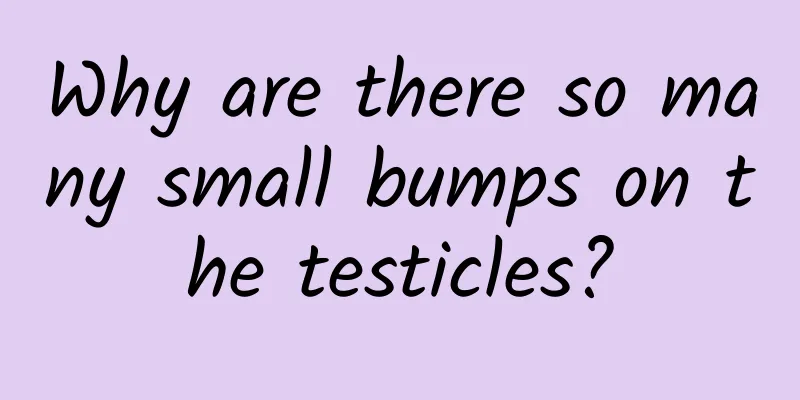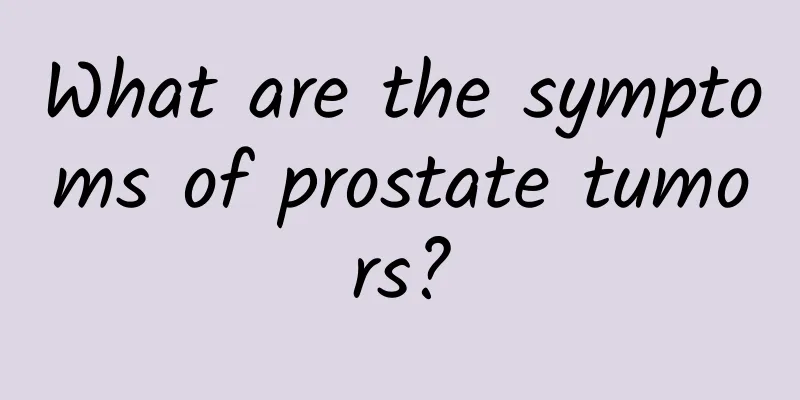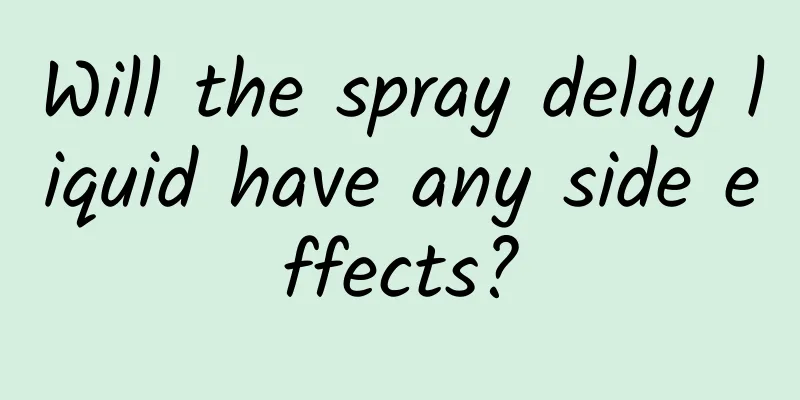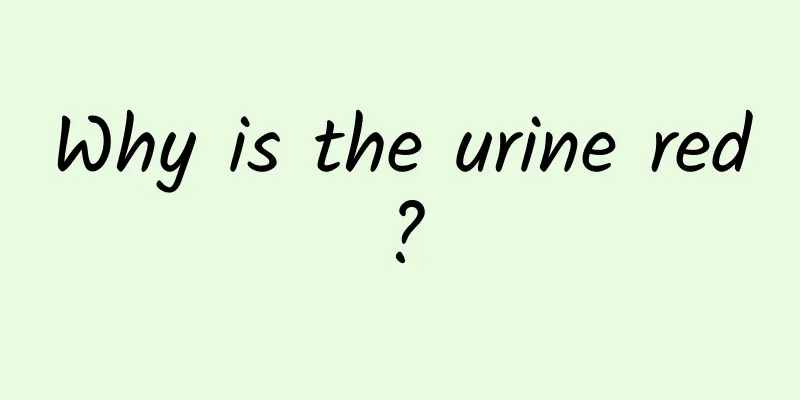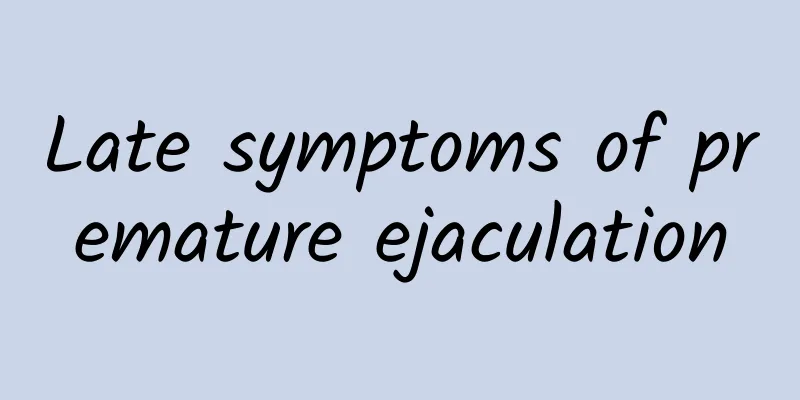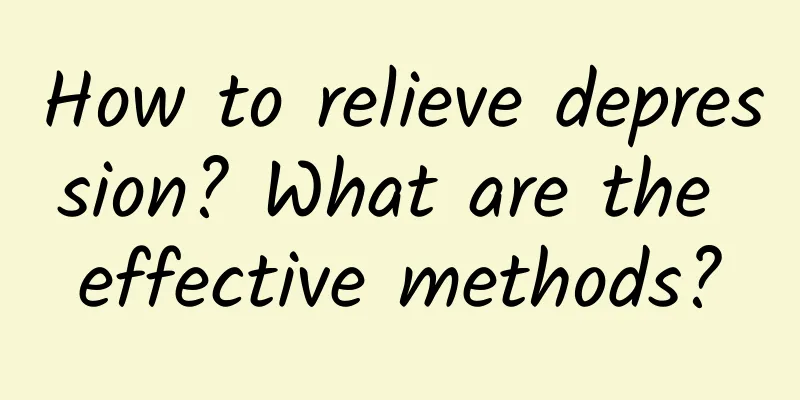What are the symptoms of ventricular premature beats?

|
Have you ever heard of ventricular premature beats? It affects a wide range of people, including men, women, young and old. What are the manifestations of this disease? What are the typical symptoms? How serious is it? I guess it should be palpitations, panic, a hammering sensation of a heavy object, and dizziness. As the saying goes, "Life is like rowing against the current. If you don't move forward, you will move backward." The body's circulation is the same as the state of life, either getting better or slower. So, what exactly is ventricular premature beats? What are the early manifestations like? It is still necessary to understand some necessary physiological knowledge. Let's go and find out. Premature beats, also known as premature beats, refer to heart beats caused by premature impulses from ectopic pacemakers, and are the most common arrhythmias. They can occur on the basis of sinus or ectopic (such as atrial fibrillation) rhythms. They can occur sporadically or frequently, and can occur irregularly or regularly after each or every few normal beats, forming bigeminy or couplet premature beats. The electrocardiogram of ventricular premature beats can be divided into four types according to the site of origin: sinus, atrial, atrioventricular junctional, and ventricular. Among them, ventricular premature beats are the most common, followed by atrial, and junctional are less common. Sinus premature beats are rare. Premature beats can be seen in normal people or in patients with organic heart disease, and are commonly seen in coronary heart disease, rheumatic heart disease, hypertensive heart disease, cardiomyopathy, etc. Premature beats can also be seen in poisoning by quinidine, procainamide, digitalis or antimony; low blood potassium; mechanical stimulation of the heart during heart surgery or cardiac catheterization, etc. The clinical prognosis of ventricular premature beats in normal healthy people and patients with various heart diseases is different. Therefore, when treating ventricular premature beats, clinicians must base themselves on the patients themselves, that is, what kind of premature beats need to be treated, how to standardize the treatment, and how to objectively evaluate the treatment effect are very important. [1] Causes and pathology: Ventricular premature beats can occur in normal people and in people with various heart diseases. The chance of a normal person experiencing ventricular premature beats increases with age. Myocarditis, ischemia, hypoxia, anesthesia, surgery and left ventricular false chordae can all cause mechanical, electrical and chemical stimulation of the myocardium, leading to ventricular premature beats. Ventricular premature beats often occur before serious arrhythmias occur in poisoning with digitalis, quinidine and tricyclic antidepressants. Electrolyte disorders, mental anxiety, excessive smoking, alcohol and coffee can also induce ventricular premature beats. Ventricular premature beats are common in patients with coronary heart disease, cardiomyopathy, rheumatic heart disease and mitral valve prolapse. [2] Disease classification Benign ventricular premature beats refer to ventricular premature beats that cannot be diagnosed with heart disease after various tests. They are very common in clinical practice. Benign ventricular premature beats will gradually increase with age, but they do not have much impact on health, so don't be too concerned about them. Drinking a lot of alcohol, smoking, drinking strong tea or coffee, being anxious, nervous, and having poor sleep can induce benign ventricular premature beats and should be avoided as much as possible. For treatment, you can choose diazepam 2.5 mg, 3 times a day. When the heart rate is fast, it is best to use metaloc 12.5-25 mg, 2 times a day, which is usually effective. You can also take a pack of Chinese medicine, the Heart-Stirring Granules, 3 times a day, which is also effective. It is not recommended to use too many antiarrhythmic drugs for benign ventricular premature beats to avoid serious side effects. The heart is the first lifeline and key to our body. If you are sick all day, listless, and have no interest in doing anything, the disease will make it extremely painful for us to be unable to do anything. If you really have this situation, don't panic or rush. Get timely treatment and maintain a good attitude. I believe that you will recover quickly and easily in the early stage. |
<<: Is urinary tract infection in men easy to treat?
>>: What should men do if they have a headache after drinking alcohol?
Recommend
Why do boys have trouble urinating?
In today's society, the competitive pressure ...
What does low estradiol in men mean?
Estradiol is a type of sex hormone. It is not a f...
Can pregnancy be achieved with a sperm survival rate of 30%?
Nowadays, there are more and more male infertilit...
What are the causes of male genital herpes?
If men are affected by genital herpes, they shoul...
What are some weight loss and fitness methods for men?
Nowadays, many male friends lose their body shape...
Causes of chronic gonococcal prostatitis
Chronic gonococcal prostatitis is mainly caused b...
Can I eat kelp if I have prostatitis?
I believe that many male friends, as the head of ...
What is the reason why men sweat?
Men have always been a symbol of strength and tou...
Causes and treatments of varicocele and testicular atrophy
Varicose vein testicular atrophy refers to testic...
What are the symptoms of male pelvic effusion?
Many people think that pelvic problems only happe...
How to improve sexual function for men in their forties
For men over 40, their physical condition is grad...
How to effectively prevent swelling after circumcision?
First of all, I would like to remind all men with...
What causes acne on men's backs?
Back acne is also caused by the blockage of skin ...
What causes men's scrotum to itch?
Men often have scrotal itching, especially many m...
What is the reason for the crack on the glans?
It is not difficult to find that this is also a s...
